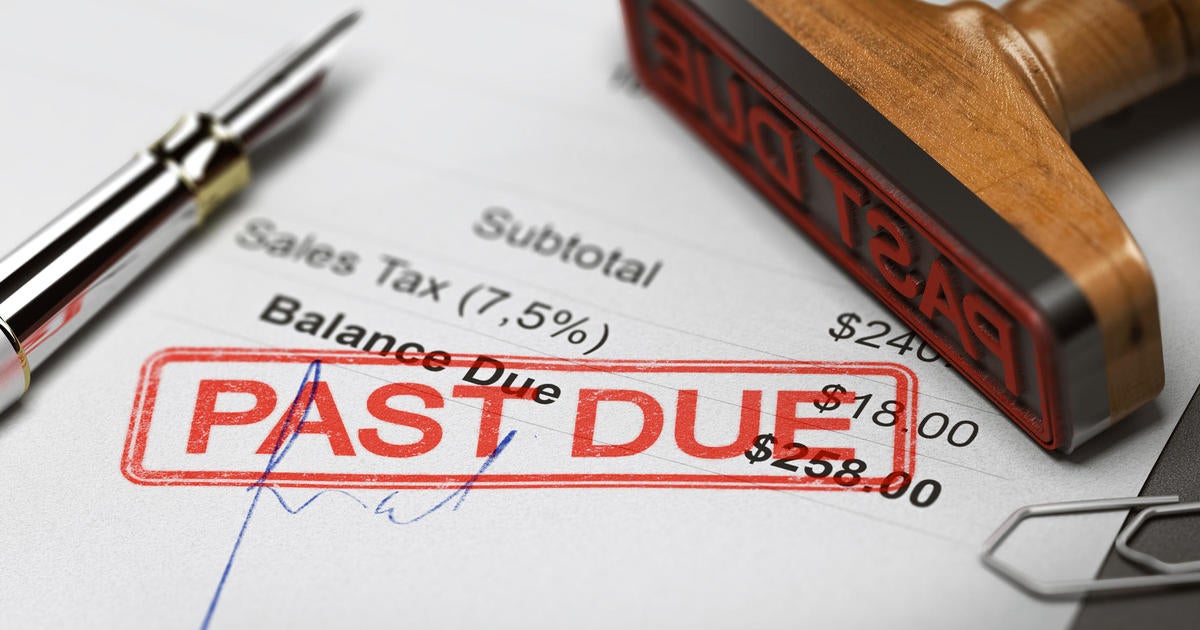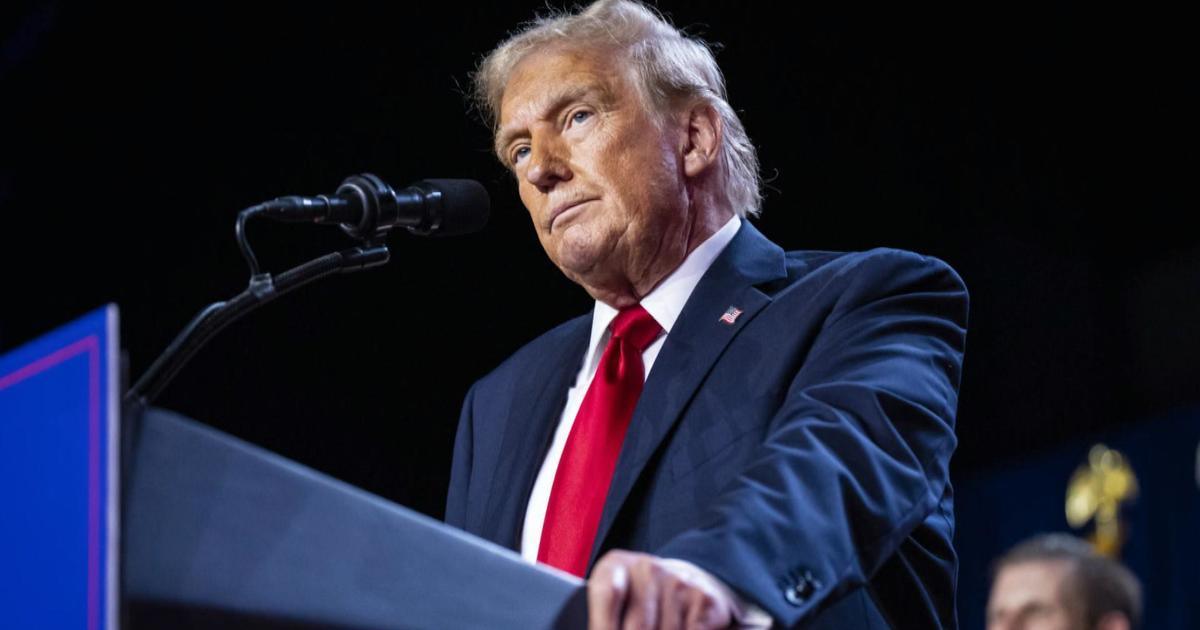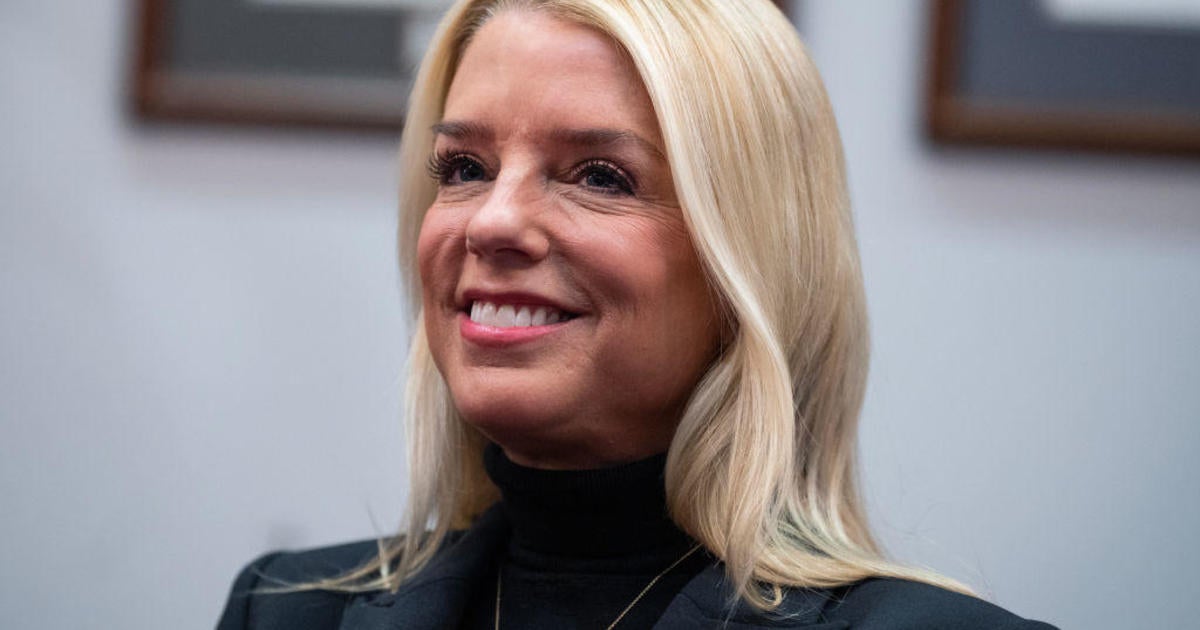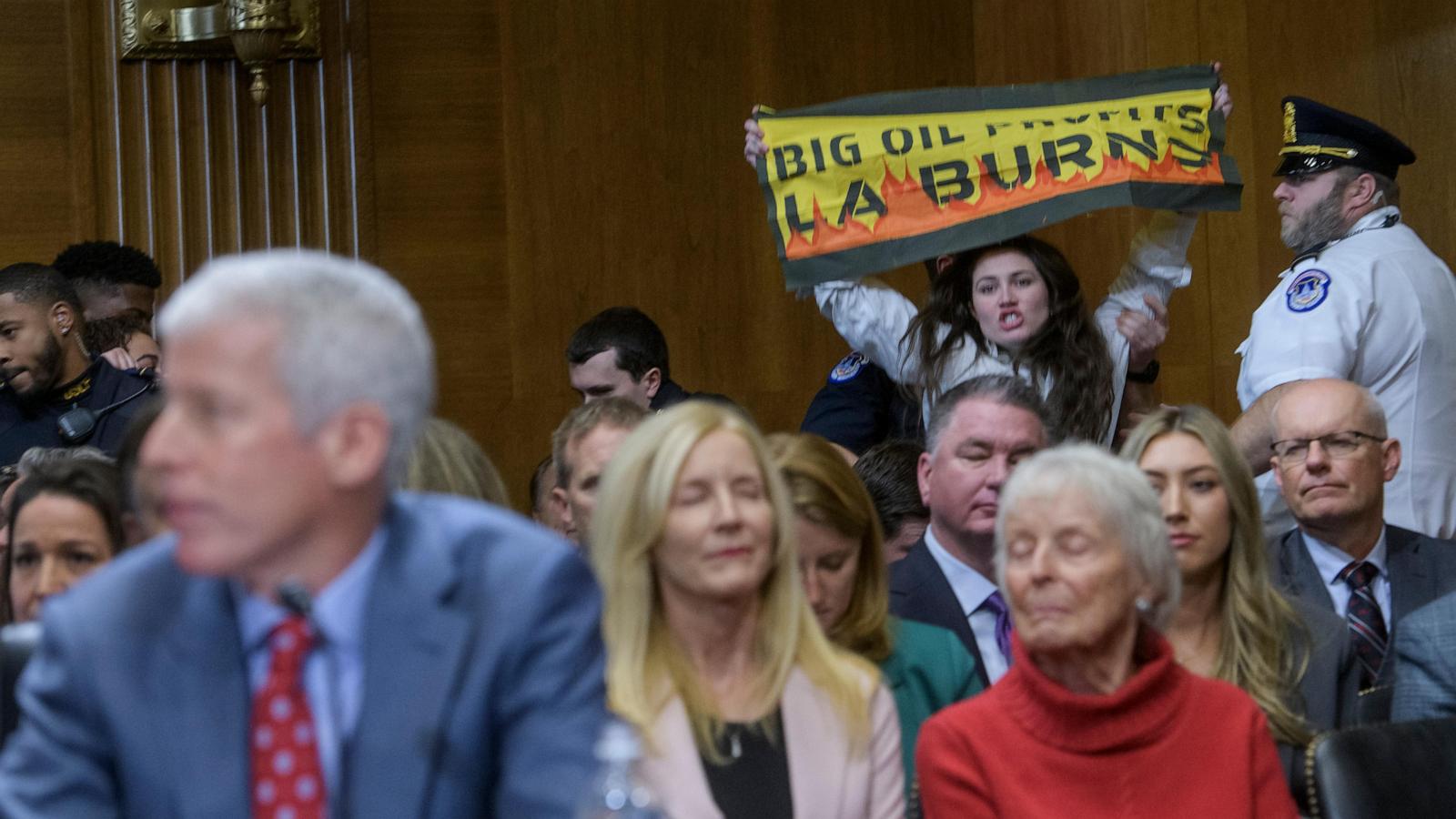We may receive commissions from some links to products on this page. Promotions are subject to availability and retailer terms.

Getty Images/iStockphoto
Managing debt has become an increasingly challenging task for many Americans in recent years. Rising living costs, high interest rates and the weight of existing financial obligations have left millions struggling to make ends meet. For some, credit cards have provided temporary relief, but the compounding interest charges that come with this type of debt can easily transform manageable debts into unmanageable burdens. And, that type of financial pressure can snowball even more over time, leading to late payments and defaults, which in turn attract the attention of debt collection agencies.
That, in turn, can lead to even bigger issues, as debt collectors are notorious for their persistence. While their goal is to recover unpaid debts, their methods can often feel aggressive, intrusive and overwhelming. Phone calls, threatening letters and other high-pressure tactics can quickly turn a stressful financial situation into an unbearable one. But while debt collectors’ methods can be intimidating, the good news is that you have rights in this situation that can be used to stop the endless stream of calls.
So how exactly can you get debt collectors to stop calling or contacting you? There are a few practical strategies, outlined below, that can be used to navigate the tricky landscape of debt collection.
See what debt relief options are available to you now.
Here’s how to get debt collectors to stop calling you
The following strategies can be particularly effective if your goal is to get debt collectors to cease their communication attempts:
Send a written cease-and-desist letter
The Fair Debt Collection Practices Act (FDCPA) gives you the right to request that debt collectors stop contacting you, and they must comply with this request. To take this route, you’ll need to draft a formal letter stating that you want all communication to stop. Be sure to keep a copy for your records and send the letter via certified mail with the return receipt requested.
While this won’t make the debt disappear, it will legally require the collector to cease all contact except to inform you of specific actions, such as filing a lawsuit. Be aware, though, that some collectors might escalate to legal action once direct communication is cut off, so use this option thoughtfully.
Speak with a debt relief expert today about your options.
Request debt validation
You also have the option to send a debt validation letter requesting proof that you owe the debt and that they have the right to collect it within 30 days of first being contacted by a collector. This powerful tool forces the debt collector to provide documentation listing the original creditor, the amount owed and their authority to collect.
Debt collectors cannot legally continue their collection efforts until they provide this validation, and in some cases, they may abandon the collection attempt entirely if they can’t produce the required documentation. And, many collection agencies lack proper documentation, especially for older debts that have been bought and sold multiple times, so this strategy can be particularly effective for debts that are several years old.
Set firm communication boundaries
If you’re not ready to completely cut off communication, you can still control when and how collectors contact you. Inform them in writing of specific restrictions you want in terms of communication attempts. For example, you can request that they can only call between certain hours or that they not contact you at work. Document every violation of these boundaries, as repeated infractions can form the basis of an FDCPA complaint. Remember, you’re not obligated to speak with them every time they call, and you can request that they communicate with you in writing only.
Negotiate a settlement agreement
If you’re in a position to make some form of payment, you can also consider negotiating a settlement agreement — but if you take this route, do it strategically. Debt collection agencies typically buy debts for a fraction of their face value, giving you significant room to negotiate. In this case, it makes sense to start with a low offer, perhaps 25% to 30% of the total debt, and get any agreement in writing before making a payment. Be sure to also specify in the agreement that once you’ve fulfilled your end of the deal, they must stop all collection activity and report the debt as settled to credit bureaus.
Consider bankruptcy protection
While this option should be a last resort, filing for bankruptcy immediately stops all collection calls through what’s known as an “automatic stay.” That’s because debt collectors cannot legally continue their collection efforts while your bankruptcy case is pending. This option shouldn’t be taken lightly, though, as it has serious long-term implications for your credit score and financial future. But in cases of overwhelming debt with no realistic path to repayment, bankruptcy can provide a fresh start and immediate relief from collection harassment.
The bottom line
Being pursued by debt collectors can be an exhausting and demoralizing experience, but it’s essential to remember that you have rights and resources at your disposal. By taking proactive steps to address the situation, you can protect yourself from undue stress and focus on rebuilding your financial stability. Whether through asserting your rights, negotiating with creditors or setting firm boundaries, you have the power to take control of the narrative and regain peace of mind.
Angelica Leicht is senior editor for Managing Your Money, where she writes and edits articles on a range of personal finance topics. Angelica previously held editing roles at The Simple Dollar, Interest, HousingWire and other financial publications.










